- News
- 0 likes
- 3511 views
- 0 comments
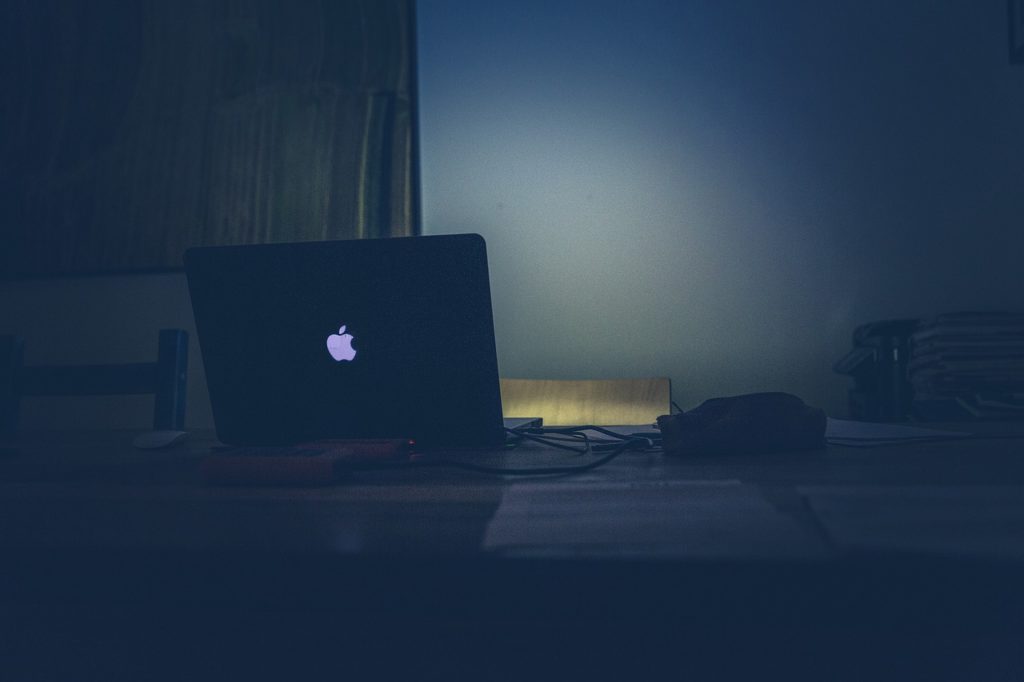 Researches and studies have shown that ‘Blue Light’ affects and disrupts our sleep patterns and causes devastating health effects in the long run.
Researches and studies have shown that ‘Blue Light’ affects and disrupts our sleep patterns and causes devastating health effects in the long run.
To begin with, what is Blue Light?
Blue Light rays are found in fluorescent bulbs and light-emitting diodes (LEDs), thanks to their energy efficiency, these are used everywhere. They are found in everything from task lighting to televisions to tablets and smartphones. In simple physics, Blue Light rays have the shortest wavelengths and highest energy.
It is also found in sunlight; sunlight contains red, orange, yellow, green and blue light rays; combined, this spectrum of coloured light rays creates what we call “white light” or sunlight.
Hint: This is probably why it’s impossible to take a nap during the day without having the curtains drawn!
What’s more, the light from our electronic devices is short-wavelength-enriched, and so has a higher concentration of blue light than natural light—and blue light affects levels of the sleep-inducing hormone melatonin more than any other wavelength.
What is blue light doing to us?
Simply put, when we are exposed to this Blue Light at night, it throws our body’s biological clock, also known as the circadian rhythm out of sync. As the circadian rhythm controls our wakefulness and dictates functions in the body’s organs, a lack of sleep affects more than just productivity of work the next day.
This is why scientists have been cautioning against using light-emitting devices before bed.
Moreover, Blue Light can slow or halt the production of melatonin in our bodies. Melatonin is the hormone that signals our brain that it’s time for bed. Without melatonin we find ourselves staying up later than necessary, counting sheep after sheep.
A Harvard study points fingers at light at night for being a possible cause for diabetes and obesity. Other studies have also implicated the exposure to light at night with some kinds of cancer and heart disease.
Considering all this, it is safe to say a good night’s rest is needed, one that is not inhibited by Blue Light.
To ensure uninterrupted slumber, it would be best to stop using artificial light altogether, but this suggestion is probably not practical in the world we live in today.
What’s the solution? You ask. Let’s ask an expert:
“To prevent sleeping problems, avoid any exposure to blue light 30 to 60 minutes prior to bed. That means, no TV, tablets, computers or smart phones,” said Dr. Robert Oexman, director of the Sleep to Live Institute. “Ideally, you want your environment to be dimly lit so your body can start naturally producing melatonin.”
So there you go, just knock off Blue Light about an hour before you plan to get to bed, and you’ve possibly created a conducive environment for a good night’s sleep.
Original Post: https://www.gentelle.com/blog/the-darker-side-of-blue-light-and-how-it-affects-sleep/
 EN
EN  اللغة العربية
اللغة العربية
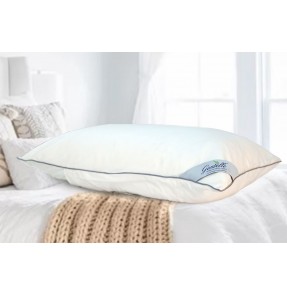

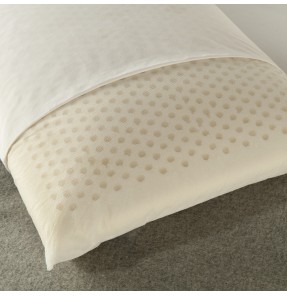
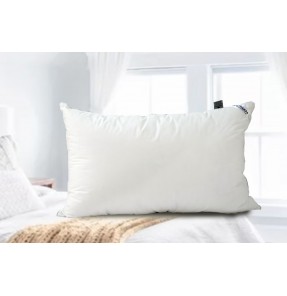
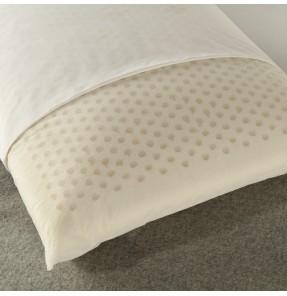

Comments (0)